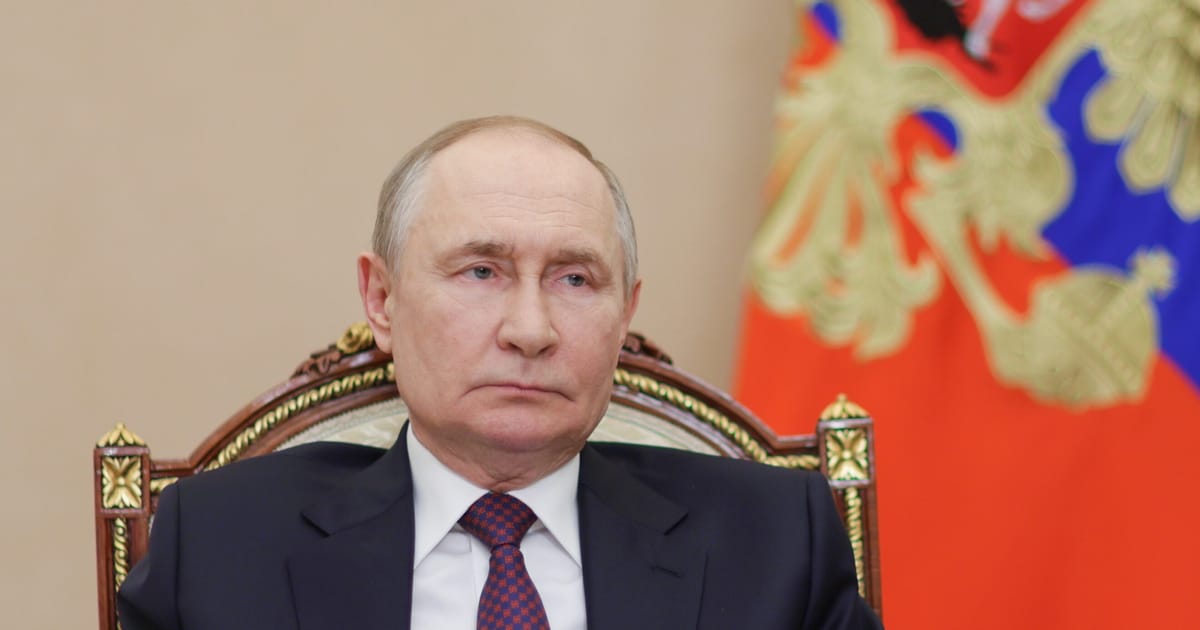

In a series of recent global developments, important events have unfolded across the domains of international military affairs, US defense policy, and natural phenomena in Japan, creating significant ripples around the world. With calm reflection, let us explore these events and their implications.
Kicking off with the situation in Ukraine, Maj. Gen. Mikhail Gudkov, a prominent figure in Russia’s naval hierarchy, was reportedly killed as a result of an airstrike executed by Ukrainian forces. This took place at a Russian command post and underscores the continuing tensions and strategic maneuvers in the region. The impact of such developments reaches beyond immediate military implications, touching upon diplomatic relations and the broader strategic climate.
In the United States, a surprising pause in military aid to Ukraine caught allies and officials off guard. Known as the Ukraine weapons freeze, this decision emerged from the Pentagon and has led to a flurry of strategic recalibrations on both sides of the Atlantic. Officials are now engaged in earnest discussions, seeking clarity on the duration and impact of this pause, as well as its implications for ongoing support to Ukraine amidst ongoing conflict. This pause hints at a nuanced approach to international military support and highlights the complexity of defense-related decision-making processes.
Turning attention to the natural world, Japan’s Tokara Islands, nestled in the subtropical region of southern Japan, have experienced a staggering series of over 900 earthquakes in just two weeks. While these seismic activities have not resulted in major damage, they have understandably left residents feeling anxious and deprived of rest. The Japan Meteorological Agency continues to monitor the situation closely, but concedes uncertainty regarding when the tremors might subside. This episode serves as a reminder of nature’s unpredictability and the importance of preparedness in the face of natural phenomena.
As the world navigates these diverse challenges—each with its own set of complexities—it’s important to acknowledge the broader contexts in which they arise. The military developments in Ukraine reflect ongoing geopolitical dynamics, the Pentagon’s decisions signal shifts in strategic alignments, and the natural events in Japan underline the variability of our natural environment. These narratives, although distinct, remind us of the interconnected nature of global affairs and the perpetual motion of change that defines our world.
As we consider these events, it’s valuable to remain mindful of the broader picture and the potential for positive outcomes through international cooperation, strategic patience, and collective resilience. Whether through diplomatic efforts, well-conceived policy responses, or community solidarity, each situation presents opportunities for learning and growth. In doing so, we continue to build a world that is more prepared, more connected, and ultimately, more hopeful.
Source: {link}
